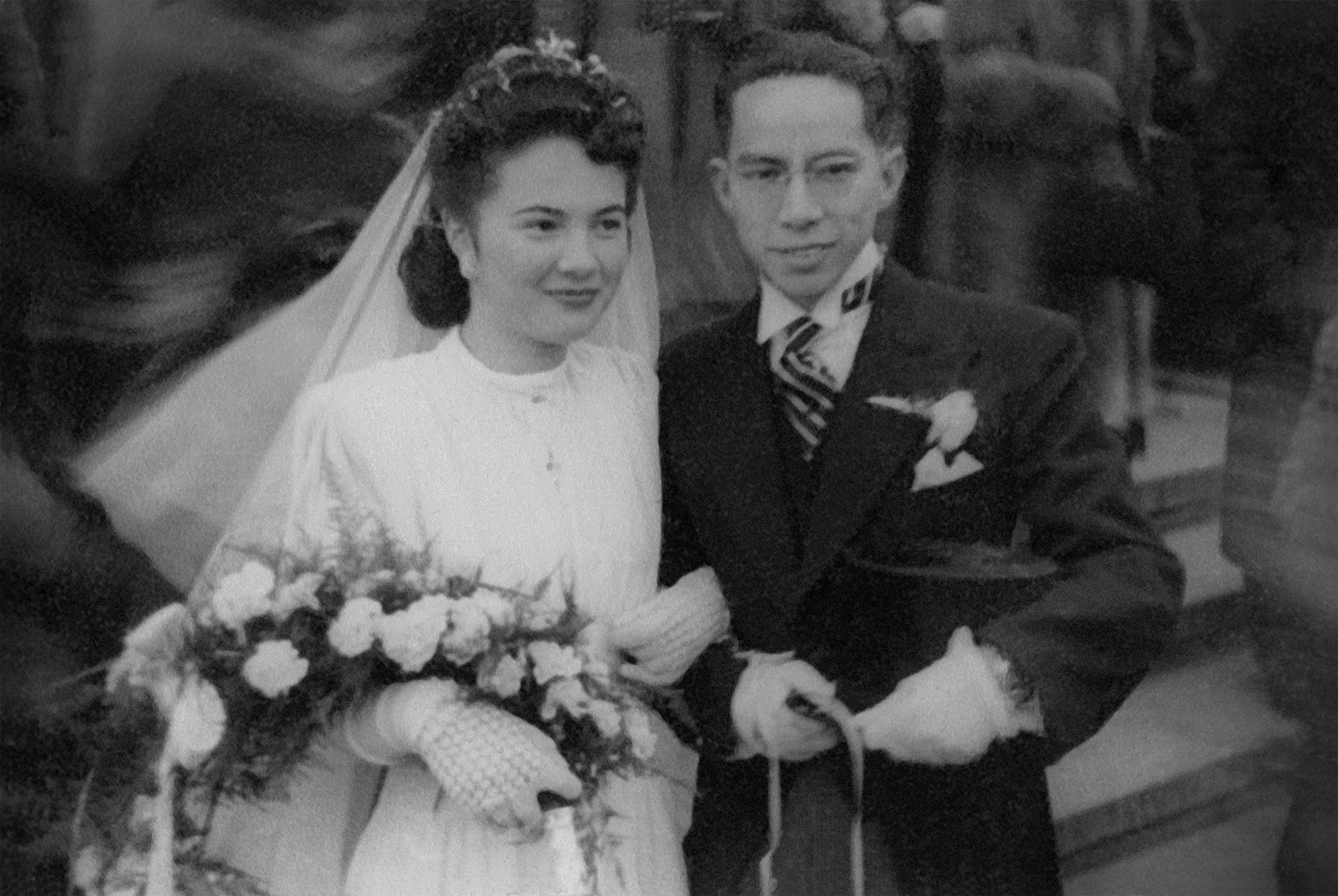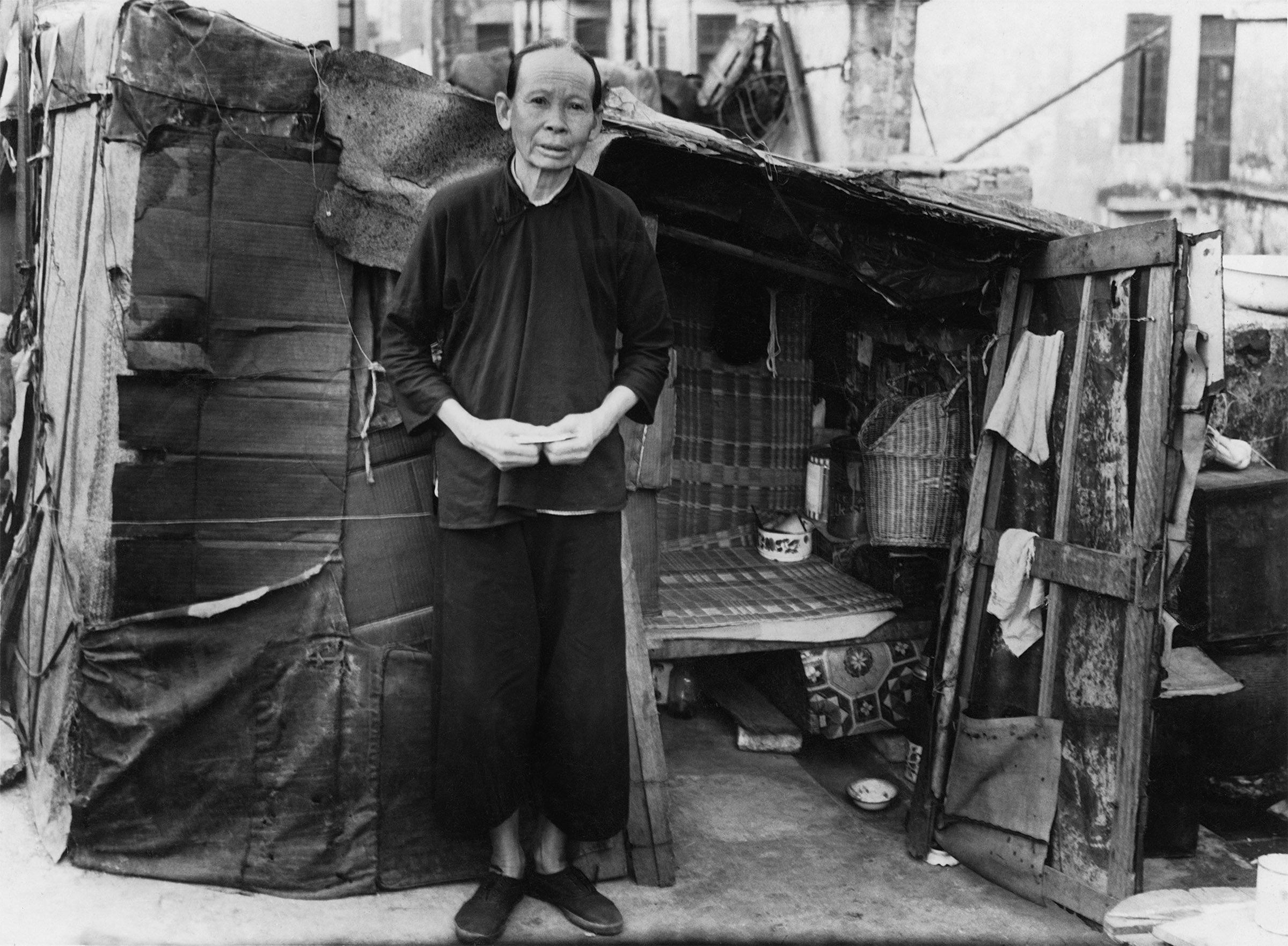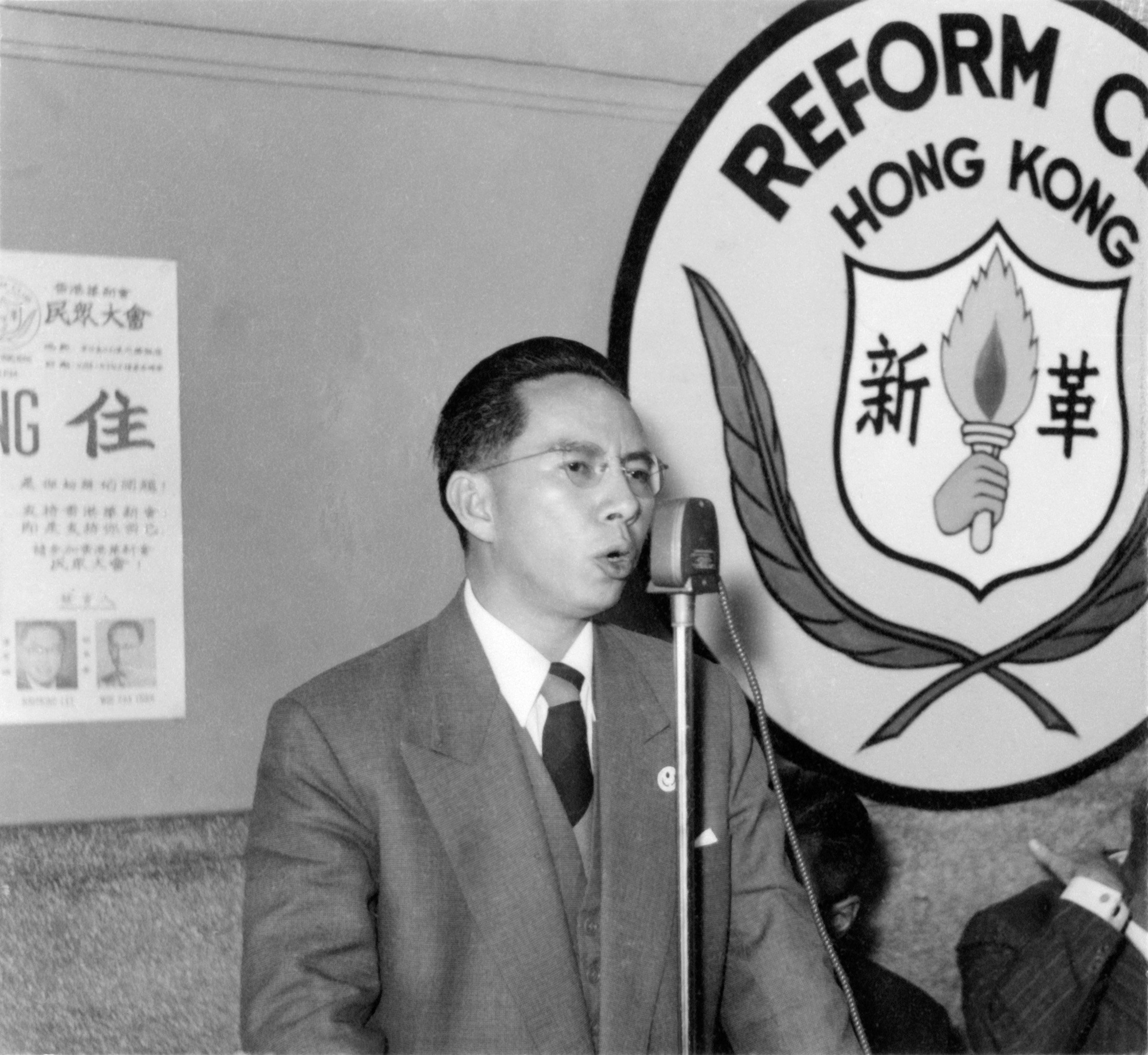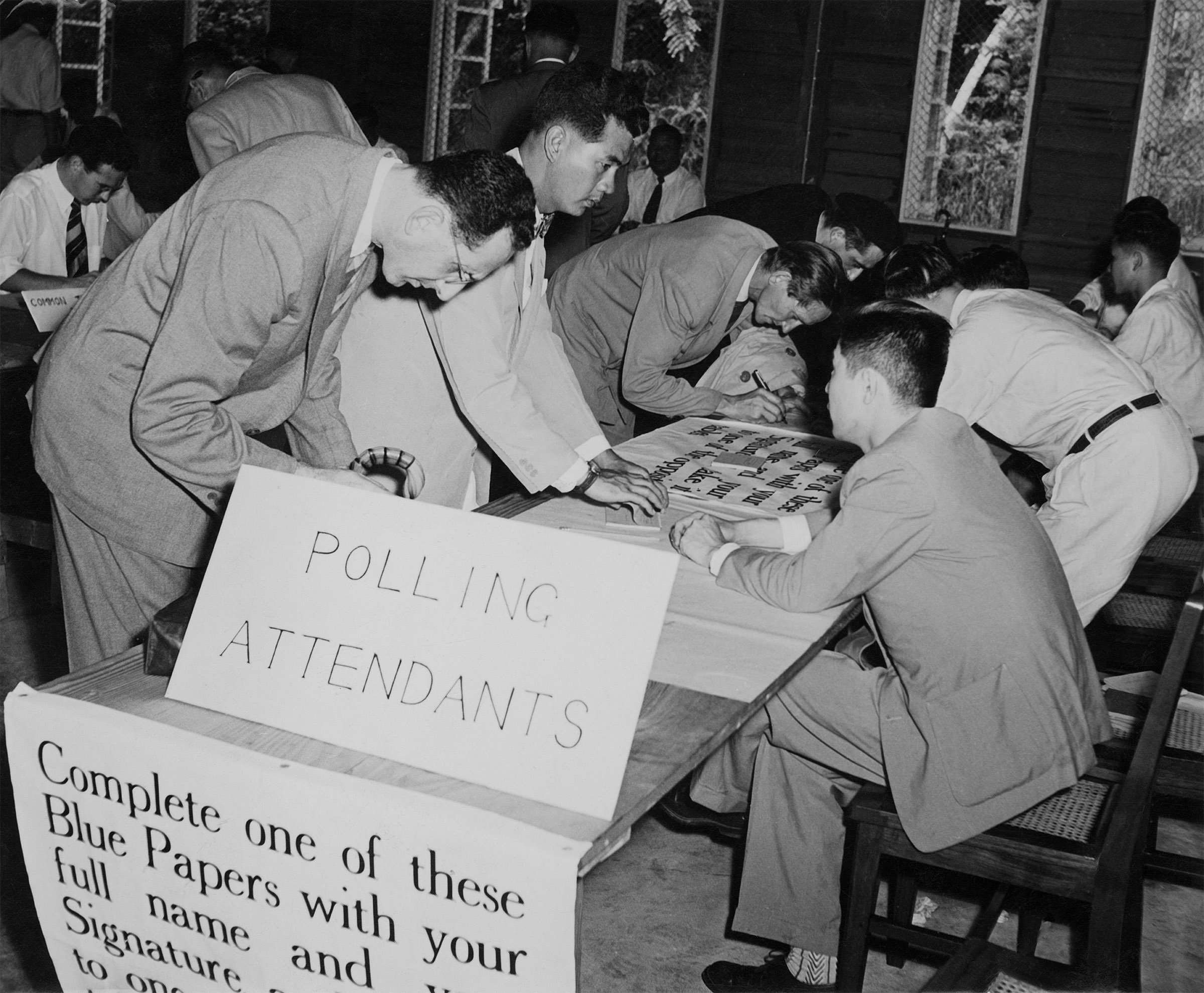區达年 Philip Dalen Au
Philip Au and his elder sister, Norma, were born in Hong Kong. Their father died when Philip was ten and their mother valiantly worked to support her family and, because she could not afford to send them to school, taught her children at home. She died when Philip was twelve and the children had to fend for themselves because they had no other relatives to care for them. It was during this difficult period that the love and help of Mrs. Sin sustained and nurtured Philip. He attended St. Joseph’s College whenever there were tuition funds and educated himself by self-study when there was none.
When Philip was twenty-one, he went to Shanghai to join his sister. There he studied business and was employed as a bank clerk. The bank recognized his talent and hard work by advancing him into more challenging assignments until he was head of the bank’s currency arbitrage section. During this period, the Lopez family were kind to Philip. The Japanese occupation resulted in replacement of many bank personnel, prompting Philip and Mickey Markarov to jointly start a bicycle assembly venture. The business was successful and expanded into tricycle taxi service. In 1944, Philip married Mary and their son was born the following year. In 1949, the family moved to Hong Kong without the opportunity to liquidate or bring along any asset due to the impending Communist take-over of China.
The family struggled through their early years in Hong Kong. Philip started the Dalen Export Company and Mary worked as a secretary. Philip’s keen interest in the dire straits of his fellow refugees led him to be active in the Reform Club through which he became a thrice elected member of the Urban Council as well as the Hong Kong Housing Authority. He exercised the full power of these positions to negotiate, maneuver and shame the British government to render immediate and long term refugee aid. One of Philip’s greatest achievements was his central role in initiating government sponsored construction of multi-storied buildings for refugees.
In 1959, Philip gave up his successful export business and political career in Hong Kong for the uncertainty of a new life in the United States. He started an import company and soon shared a store with his sister on Bush Street in San Francisco while Mary again worked as a secretary. In 1961, they moved from San Francisco to Berkeley. Handicapped by a lack of capital, Philip had to give up his business and supported his family by selling insurance. In 1966, he became the sole proprietor of Cost Less Imports on University Avenue in Berkeley. The business gradually expanded into beads and then belly-dance costumes.
Philip is survived by his loving wife Mary, his sister Norma, his son Patrick, his daughter-in-law Ardis, his grandson Derek, his granddaughter Jennifer and all those who affectionately called him Uncle Philip.
-Patrick Au
Early Years
Philip Au with friends. Shanghai early 1940s.
Philip Au with friends. Shanghai early 1940s.
Philip Au with friends. Shanghai early 1940s.
Philip Au with friends, early 1940s. Shanghai Bund waterfront. Possibly with bank co-workers where Philip worked in currency arbitrage.
Philip Au with friends, early 1940s. Shanghai Bund waterfront. Possibly with bank co-workers where Philip worked in currency arbitrage.
Shanghai, 1940's.
Shanghai, 1940's.
Marriage, 1944
Mainland Chinese Refugees, Hong Kong, 1950's
From the Wikipedia article:
The 1950s in Hong Kong began against a backdrop of the resumption of British sovereignty after the Japanese occupation of Hong Kong ended in 1945, and the renewal of the Nationalist–CommunistCivil War in mainland China. It prompted a large influx of refugees from the mainland, causing a huge population surge: from 1945 to 1951, the population grew from 600,000 to 2.1 million. The government struggled to accommodate these immigrants. Unrest in China also prompted businesses to relocate their assets and capital from Shanghai to Hong Kong. Together with the cheap labour of the immigrants, the seeds of Hong Kong’s economic miracle in the second half of the 20th century were sown.
Chinese mainland refugees in Hong Kong, 1950's
Chinese mainland refugees in Hong Kong, 1950's
Chinese mainland refugees in Hong Kong, 1950's
Chinese mainland refugees in Hong Kong, 1950's
Philip Au with Chinese mainland refugees in Hong Kong, 1950's
Reform Club
From the Wikipedia article:
The Reform Club of Hong Kong (Chinese: 香港革新會) was one of the oldest political groups in Hong Kong existed from 1949 until the mid-1990s. Together with the Civic Association, they were the closest to opposition parties in Hong Kong during the post-war colonial period.
Philip Dalen Au giving a speech for the Reform Club. Hong Kong, 1950's
Philip Dalen Au at a refugee camp. Hong Kong, 1950's
Philip Dalen Au. Hong Kong, 1950's
A polling station. Hong Kong, 1950's
North Point Estate (1958 – 2002)
As Senior Selected Councillor of the Urban Council, Philip Au was instrumental in planning and building the North Point Estate. The North Point Estate was the first housing project undertaken by the Hong Kong Housing Authority (HKHA), and provided a model of low-cost housing for the world.
Planning of the North Point Estate. Mid-1950's
The Prince Philip, Duke of Edinburgh. Philip Dalen Au, Senior Selected Councillor, Urban Council. 1958
Philip Au showing Prince Philip the low cost housing units of North Point Estate. 1958

























